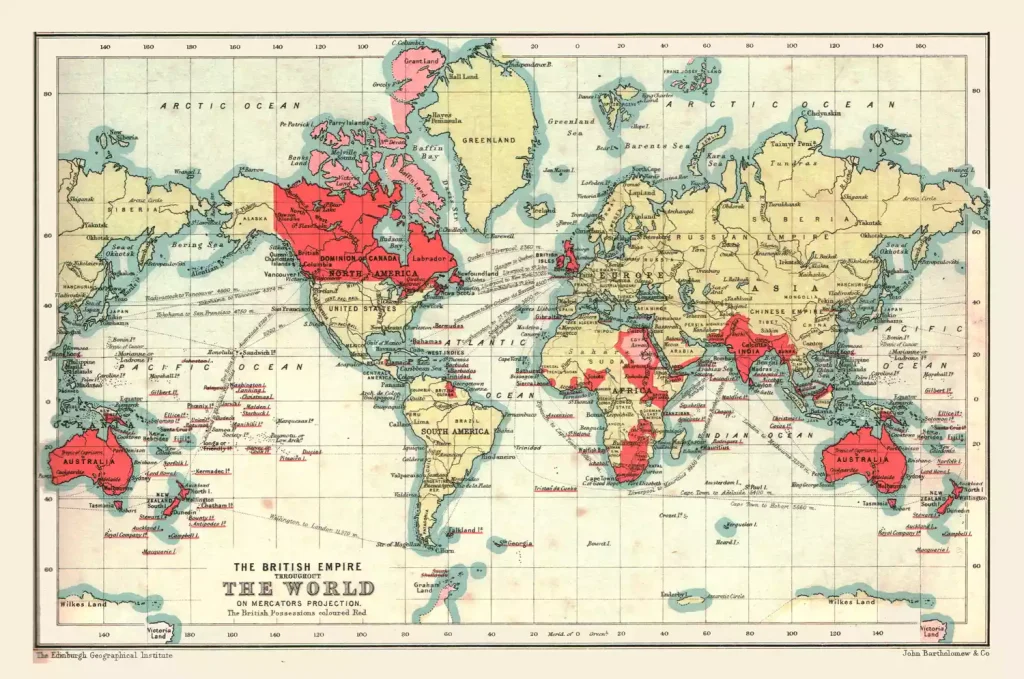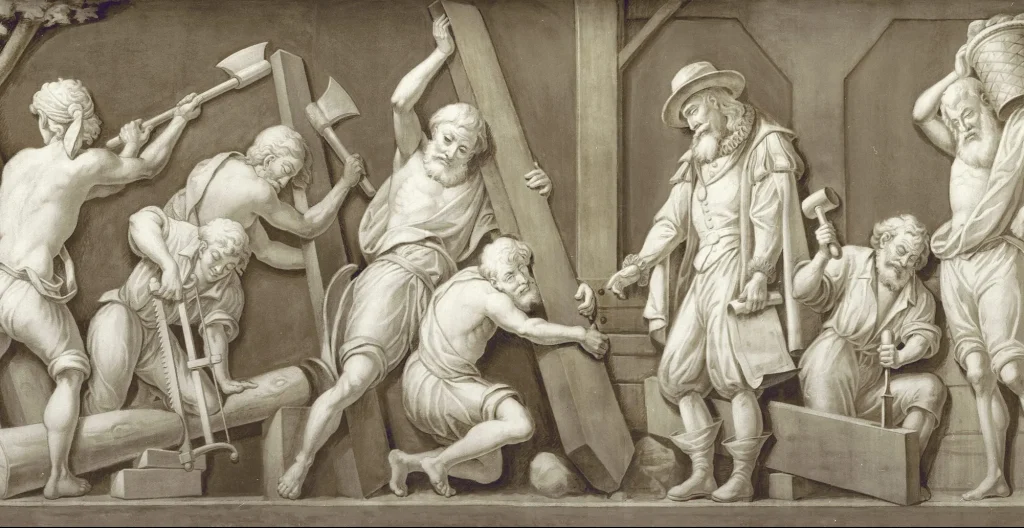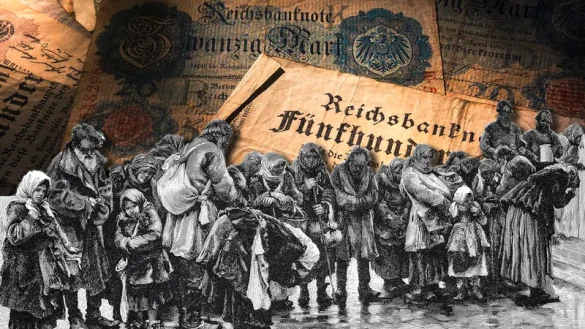Colonialism has left an indelible mark on the world, shaping the political, economic, and cultural landscapes of many contemporary societies. The legacy of colonialism continues to influence various aspects of life, from social structures to economic systems. This article examines the enduring impacts of colonialism and how they manifest in today’s globalized world.

Historical Context of Colonialism
- Colonial Expansion:
- Origins: Colonialism began in the 15th century with European powers expanding their influence through exploration, conquest, and colonization. Nations such as Britain, France, Spain, and Portugal established empires across Africa, Asia, and the Americas.
- Motivations: The drive for territorial expansion was fueled by economic interests, the desire for resources, and the pursuit of strategic advantages. This expansion often involved the subjugation and exploitation of indigenous populations.
- Colonial Administration:
- Structures: Colonial administrations imposed new governance structures, legal systems, and economic policies on colonized regions. This often involved the extraction of resources and the restructuring of local economies to benefit the colonial powers.
- Cultural Impact: Colonizers frequently sought to replace local customs and traditions with European norms, leading to cultural assimilation and the suppression of indigenous identities.
Ongoing Impacts on Contemporary Societies
- Economic Disparities:
- Resource Extraction: The economic exploitation during colonial times created lasting disparities. Former colonies often face challenges related to resource depletion, economic dependency, and underdevelopment.
- Global Inequality: Many post-colonial nations struggle with economic inequality and poverty, which are partly rooted in the legacy of colonial resource extraction and trade imbalances.
- Political and Social Structures:
- Governance Models: Colonial powers often imposed governance structures that did not align with local traditions or needs, leading to political instability and challenges in building effective governance post-independence.
- Social Hierarchies: Colonial rule entrenched social hierarchies and divisions that persist today. Issues of race, ethnicity, and class continue to affect social dynamics and access to resources.
- Cultural Identity:
- Cultural Erasure: The suppression of indigenous cultures and languages during colonial rule has had a lasting impact on cultural identity. Many societies are engaged in efforts to revive and preserve their heritage.
- Cultural Hybridity: The blending of colonial and indigenous cultures has created unique hybrid identities, but it also presents challenges related to cultural authenticity and heritage preservation.
- Educational Systems:
- Curriculum Influence: Colonial powers often shaped educational systems to promote their own languages, values, and histories. This has had long-term effects on how history and identity are taught and perceived in post-colonial societies.
- Access and Equity: Disparities in access to quality education can be traced back to colonial-era policies, which often favored certain groups over others.

Case Studies of Colonial Legacy
- Africa:
- Political Instability: Many African nations experience political instability and conflict, partly due to colonial boundaries that disregarded ethnic and cultural divisions.
- Economic Challenges: Post-colonial economic systems often continue to rely on the extraction of natural resources, leading to economic instability and underdevelopment.
- India:
- Economic Development: The legacy of British colonial economic policies has influenced India’s economic development trajectory, including issues related to trade and industrialization.
- Social Stratification: Colonial-era social policies contributed to ongoing social stratification, including issues related to caste and class.
- Indigenous Peoples in the Americas:
- Cultural Displacement: Indigenous peoples in the Americas have faced significant cultural displacement and loss of traditional lands due to colonial expansion.
- Rights and Recognition: Efforts to address historical injustices and secure rights and recognition for indigenous communities continue to be a significant aspect of contemporary social and political movements.
Addressing the Legacy
- Reparations and Restitution:
- Calls for Reparations: There is an ongoing debate about reparations for colonial injustices, including financial compensation and restitution of cultural artifacts. Some nations and communities are actively seeking redress for historical wrongs.
- Cultural Restoration: Efforts to return cultural artifacts and restore cultural heritage are part of the broader movement to address colonial legacies and acknowledge historical injustices.
- Education and Awareness:
- Inclusive Curricula: There is a growing push to include diverse perspectives and histories in educational curricula, addressing the gaps and biases created by colonial-era education systems.
- Public Discourse: Increased public awareness and discourse about the impacts of colonialism contribute to a more informed and nuanced understanding of historical and contemporary issues.
- International Cooperation:
- Global Dialogue: International organizations and agreements often address issues related to the legacy of colonialism, including development aid, human rights, and cultural preservation.
- Collaborative Efforts: Collaborative efforts between former colonial powers and post-colonial nations aim to address shared challenges and work towards equitable solutions.

Conclusion
The legacy of colonialism continues to shape contemporary societies in complex and multifaceted ways. From economic disparities and political instability to cultural identity and educational systems, the impacts of colonialism are deeply embedded in modern life. Understanding and addressing these legacies requires ongoing dialogue, education, and collaborative efforts to promote justice, equity, and cultural preservation. By confronting the historical realities of colonialism, societies can work towards healing and building a more inclusive and equitable future.


